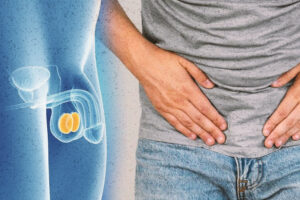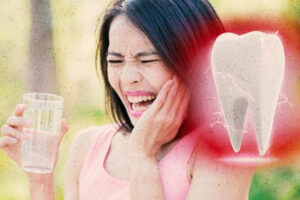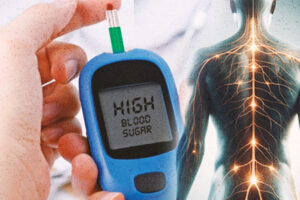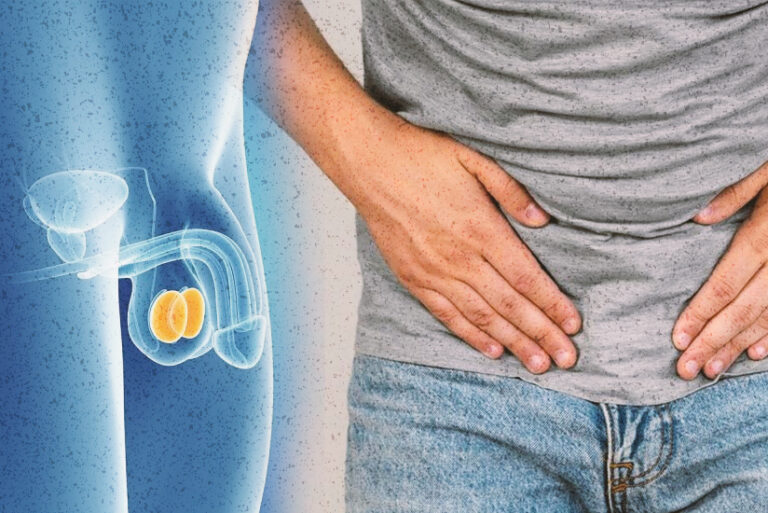Text and Photos by Henrylito D. Tacio
Most Filipino men shun talking about it. Even those who are having erectile dysfunction (ED) don’t tell their partners that they have it. But reality bites. In 2015, pharmaceutical companies dealing with ED reported that 6 million Filipino men suffered from ED.
In an Asian Survey of Aging Males survey, it was found that the prevalence of ED was highest among Filipinos at 65%. In the Global Study of Sexual Attitudes and Behaviors, the Philippines still topped the ED prevalence with 33%: that’s one in every 3 Filipino men.
A penile erection can normally last anywhere from a few minutes to about half an hour. On average, men have 11 erections each day, as well as many more when they are asleep. On average, a healthy man has three to five erections during a full night’s sleep.
Erectile dysfunction, also known as impotence, is a condition in which a man is unable to attain an erect penis that is rigid enough for sexual penetration or sexual satisfaction. Impotence should not be confused with premature ejaculation, loss of libido, or absence of orgasm; in all of these cases, satisfactory erection may be obtained.
Treatments for impotence were described in the literature of the ancient Egyptians, Greeks, and Romans. Modern treatment of impotence considers both the physical and psychological causes of the condition. Many impotent men have been affected originally by a purely physical problem, but by the time they seek treatment, their condition is complicated by psychological factors.
You are what you eat, so goes a familiar saying. This is true also in the case of ED. So, it means that ED also has something to do with what you eat.
There are a number of conditions and lifestyle factors which might cause or contribute to ED. But some studies have found a direct link between ED and diet, according to a report written by Imran Rahman-Jones for the website of British Broadcasting Corporation.
“Ultimately, there’s no harm in trying to live a healthier lifestyle,” Dr. Neel Patel, a general practitioner from LloydsPharmacy Online Doctor was quoted as saying. “Ensuring you’re eating a balanced diet with the recommended amount of fruit, vegetables and whole grains is a brilliant place to start.”


In terms of preventing ED, many studies highlight that adhering to the Mediterranean diet – characterized by fresh fruit and veg, whole grains and fish – could help, in part because it could, when combined with exercise, increase blood flow and help lower blood pressure.
Beyond that, scientists have looked into individual foods which could bring benefits. Rahman-Jones cited a 2016 study which found that eating more fruit can lead to a reduction in risk of ED, with “men who ate the most fruit 14% less likely to experience it compared to those who ate very little.”
Vegetables can also reduce the risk of having ED. “Brightly colored vegetables such as spinach, kale, broccoli, carrots, and tomatoes are rich in compounds known as antioxidants,” wrote Carmen Roberts, a registered dietitian who writes for HealthCentral.

“Antioxidants,” she explained, “have numerous health benefits, including cancer prevention. In terms of ED, research has found that a diet rich in antioxidants also increases your body’s production of nitric oxide and prevents it from breaking down.”
According to Roberts, nitric oxide is essential for erectile function as it helps to relax blood vessels and smooth muscle, allowing for increased blood flow to the man’s sexual organ.
This brings us to legumes, another plant-based food that can increase your body’s nitric acid production, improving blood flow throughout the body. Common types of legumes include kidney beans, black beans, string beans, Baguio beans, soy beans, black-eyed peas, chickpeas, and lentils.
What about meat like beef, chicken, and pork?
Let’s hear it from Dr. Stacy Loeb, a urologist at New York University, who presented her research on prostate cancer and men’s health. Dr. Rachel S. Rubin, also a urologist, interviewed Dr. Loeb for a Medscape feature.
In her study, Dr. Loeb found out that more of their patients with prostate cancer die of heart disease than of prostate cancer. “Erectile dysfunction is really an early warning sign of cardiovascular disease,” she explained. “We felt like it was incumbent upon us, even within urology and sexual medicine, to better understand the basis for lifestyle modification that can help with these issues.”



So, they did some research on it by looking at men who follow more plant-based diets. What they found out was surprising: those men have a lower risk for fatal prostate cancer and are less likely to have ED.
“We found that among omnivorous people, those who ate more plant-based and less animal-based food were less likely to have incident erectile dysfunction,” Dr. Loeb explained. “Then, we published a new paper looking at patients with prostate cancer.”
These men have extra challenges for sexual function because in addition to the standard cardiovascular changes with aging, prostate cancer treatment can affect the nerves that are involved in erections. “But amazingly, even in that population, we found that the men who ate more plant-based and less animal-based food had better scores for erectile function,” Dr. Loeb said.
Because of this finding, they started to counsel their patients to eat more plant-based foods. “Meat is not masculine,” Dr. Loeb pointed out. “Meat is associated with a higher risk for erectile dysfunction and is considered carcinogenic. It’s just something that we should try to stay away from.”
By the way, ED can occur at any age, although it’s more common in older men. “Erectile dysfunction becomes more common with age but is not part of the normal aging process,” says The Merck Manual of Medical Information. “About half of men 65 years or age and three-fourths of men 80 years of age have erectile dysfunction.”
Many people think of erectile problems as an older adult’s issue, but they can affect younger males as well. According to some estimates, ED affects 8% of males aged 20-29 years old and 11% of those aged 30-39 years old. – ###








